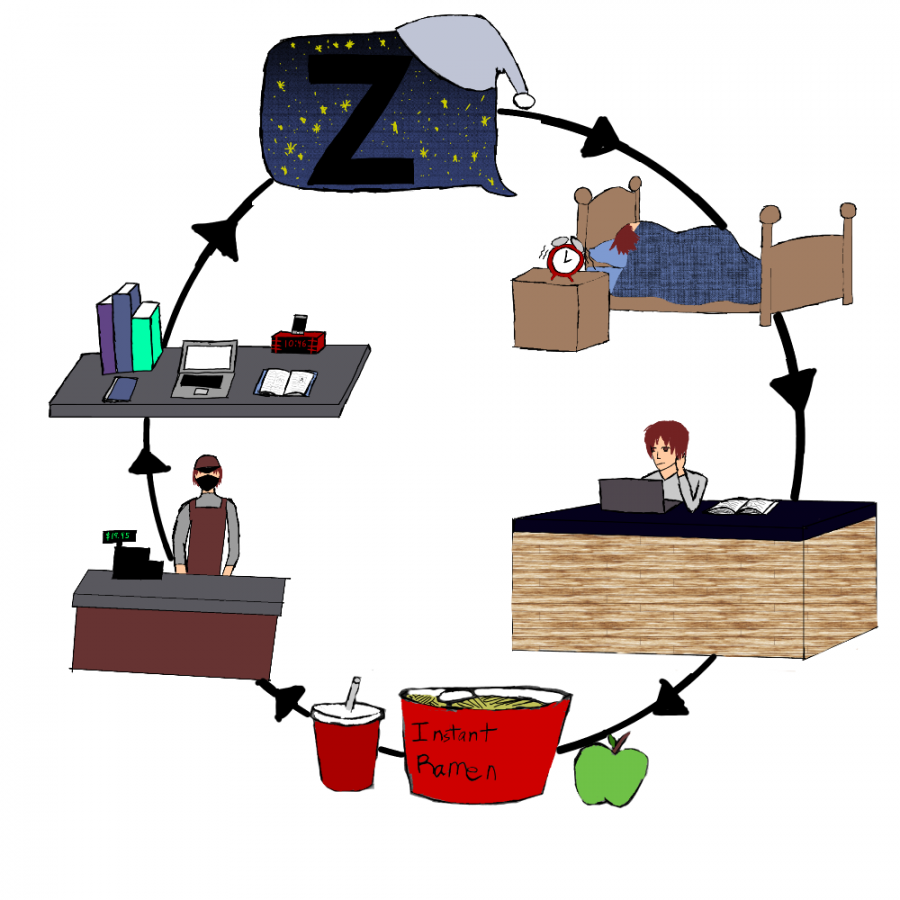The safety of the flu vaccine has been a highly debated topic. From it being a health necessity to causing autism, all avenues have been explored. However, for most people, “The flu vaccine is safe,” said West Albany graduate and dermatologist Dr. Patricia O’Hare.
Due to the fear revolving around getting a vaccine, many people have chosen to not get the vaccine. However, according to O’Hare, “For society in general it’s good, because then you are protecting the people who are weaker from getting sick,” but also “It’s important for the individual health so that you don’t get the flu, and, if you do, it reduces the [statistical severeness] by 60 percent.”
The flu is “not a fun disease,” according to Dr. O’Hare. Although many people disregard its harmfulness, it can be deadly. O’Hare explained the symptoms. “It can take weeks to get better. If you are not lucky, you can get hospitalized, pneumonia, encephalitis around the brain, your muscle can break down, you can die.”
However, for some people, the vaccine is not a viable option. Many people have allergies that prevent them from getting the vaccine, such as an egg allergy. “If you have a severe egg allergy, you shouldn’t get it; if your immune system is compromised you shouldn’t get it… children under six months of age shouldn’t get it,” said Dr. O’Hare. Although many people do not get the vaccine for health reasons, quite a few people, because of their fear of needles do not get the vaccine. In fact, so many people have this fear that alternatives to using needles have been developed. Such as “A FluMist that they can spray up the nose that does not have a needle.” Although only certain age ranges can get it, “The majority of high school students would be eligible for that,” explained O’Hare.
There are adverse effects for some people without these phobias or allergies, however. The flu shot can “give you a little bit of tenderness in the arm right then,” says O’Hare, and “sometimes you can get a low-grade fever.” In extremely rare cases, the person getting the vaccine can get a condition called Guillain-Barre Syndrome, which is where the immune system begins attacking the nerves in the body, causing weakness and paralysis, “But that’s really rare,” she said.
For many people in other regions the flu vaccine is not easily obtained for many reasons, including poverty and lack of said vaccine. In the United States, the flu vaccine is, for most people, “readily accessible,” according to O’Hare. “If you can’t get it through your family health care, you can go to a pharmacy without a prescription and get one, and most insurances cover it 100 percent.”
Even with the accessibility, alternative options, and incentive against death, many people do not get the flu vaccine. Most do not get it “for personal reasons,” noted Dr. O’ Hare. “Some people may say they’re afraid of needles, they may say the flu shot will give me the flu.”
As safe as the flu vaccine is, they “May not know how easy [the flu] is to get,” Dr. O’Hare observed.
West Albany sophomore Bobae Kim believes that people should get the vaccine. “I’ve always gotten the flu vaccine,” Kim said. “I’ve gotten it since I was a kid.”
In an era where many people believe vaccines cause autism, not vaccinating a child is “stupid,” said Kim. He continued, elaborating about the relative risks of the flu shot. “If I was an adult, and my kid is born, I would rather him live 
more than five years and get a flu shot, with a 0.000001 percent chance of getting autism, than die at age three.”
Not just the students at West Albany, however, believe the flu vaccine is a necessity. “I believe in vaccines,” said choir teacher Cate Caffarella. “I think the research is pretty clear.”
Although Caffarella said that not only does the vaccine “Keep the student health up,” it also benefits the staff. “When a teacher has a student who is missing class, it is the teacher’s responsibility to get the content the student has missed to the student. [The teacher] has to take their own time to bring the student up to speed.” Moreover, the vaccine helps the school in general, according to Caffarella. The school is “Reliant on the group. When [people] miss, it impacts everyone around them.”


